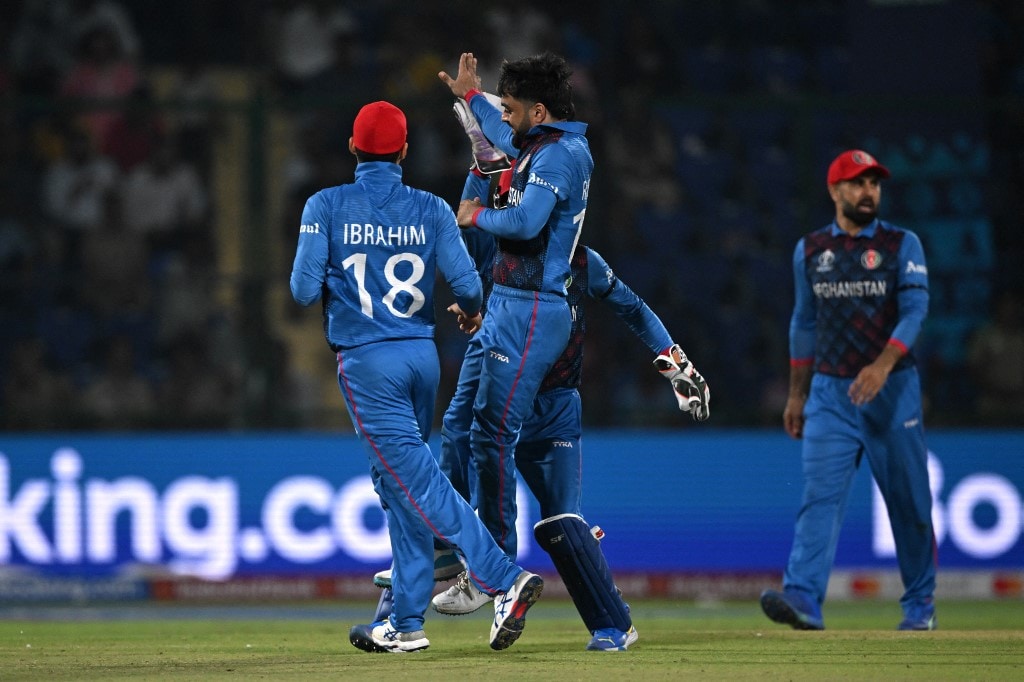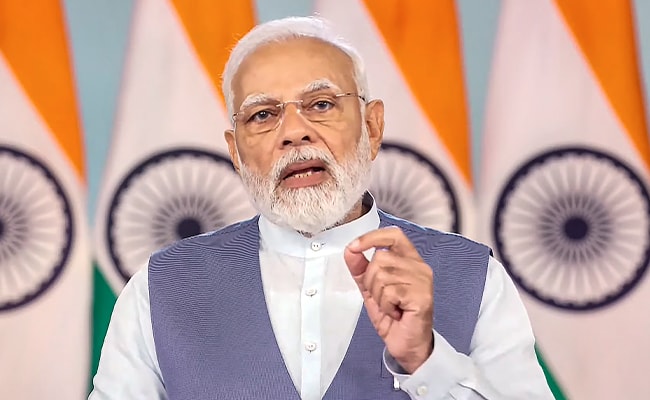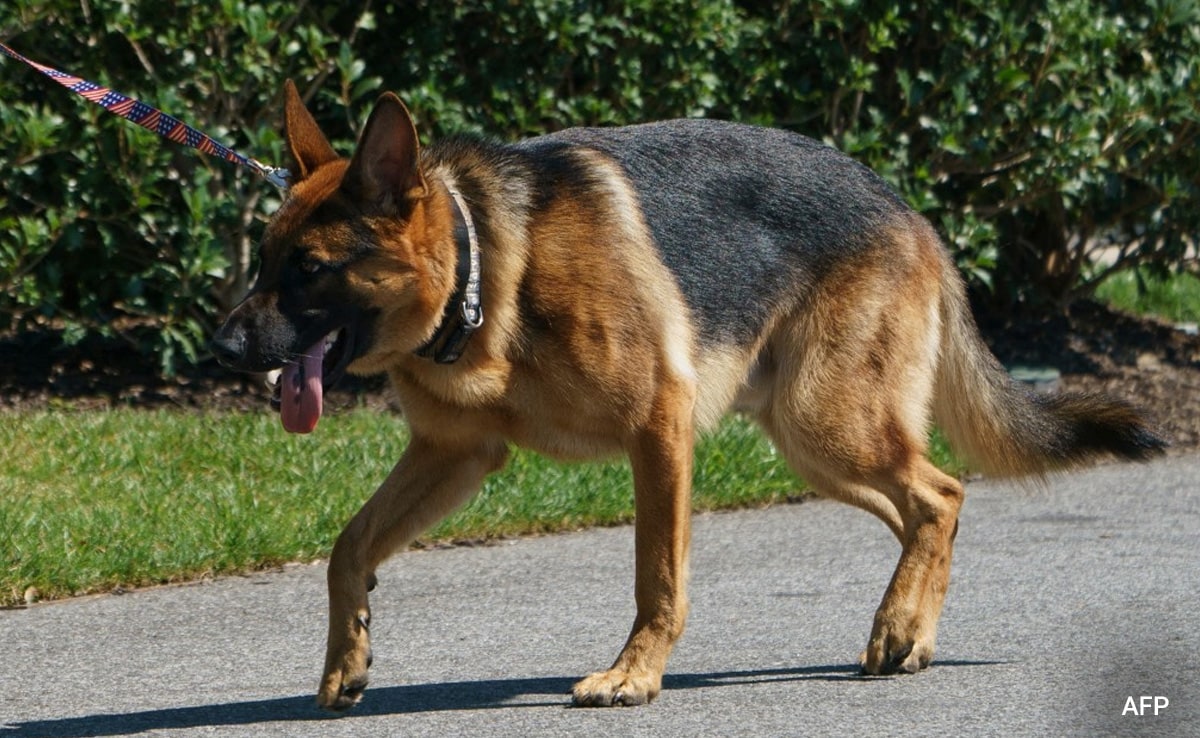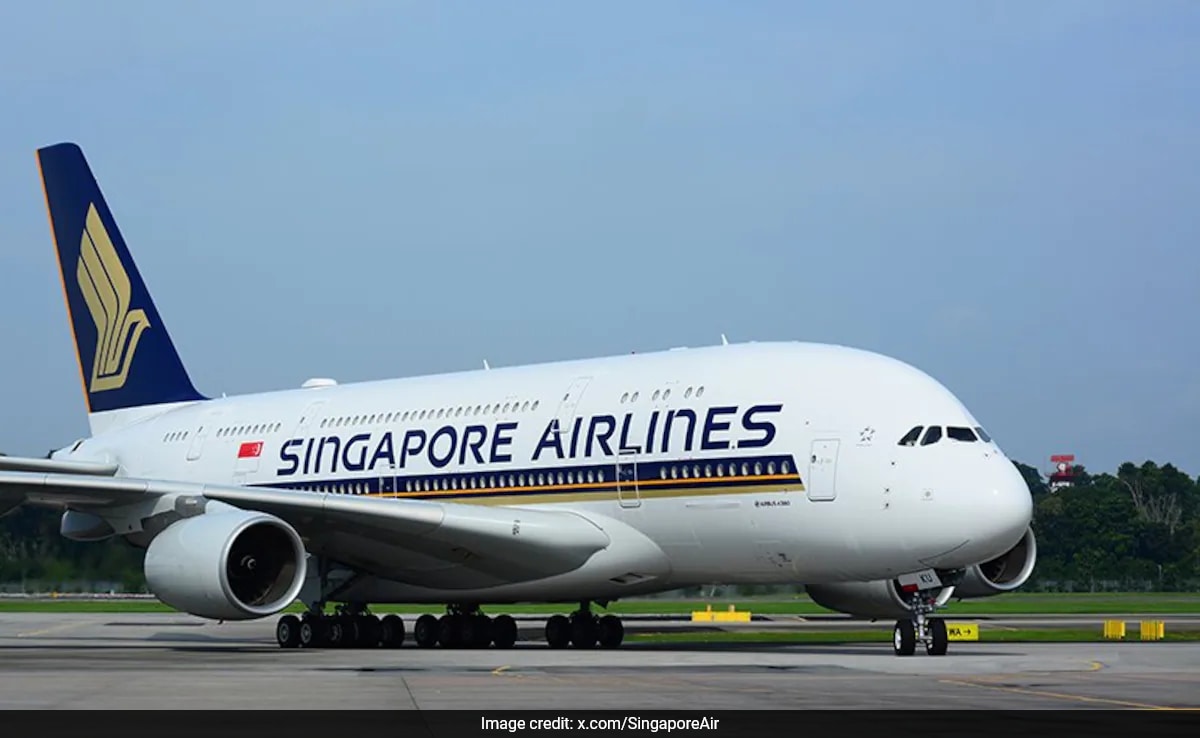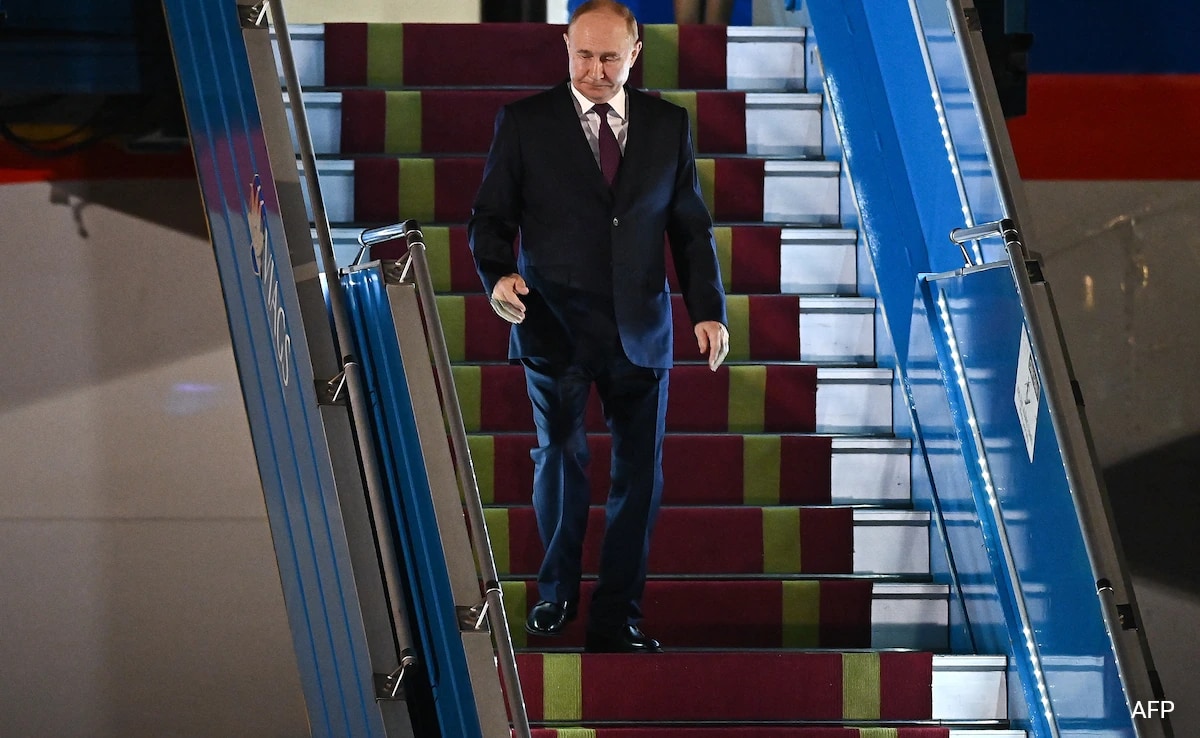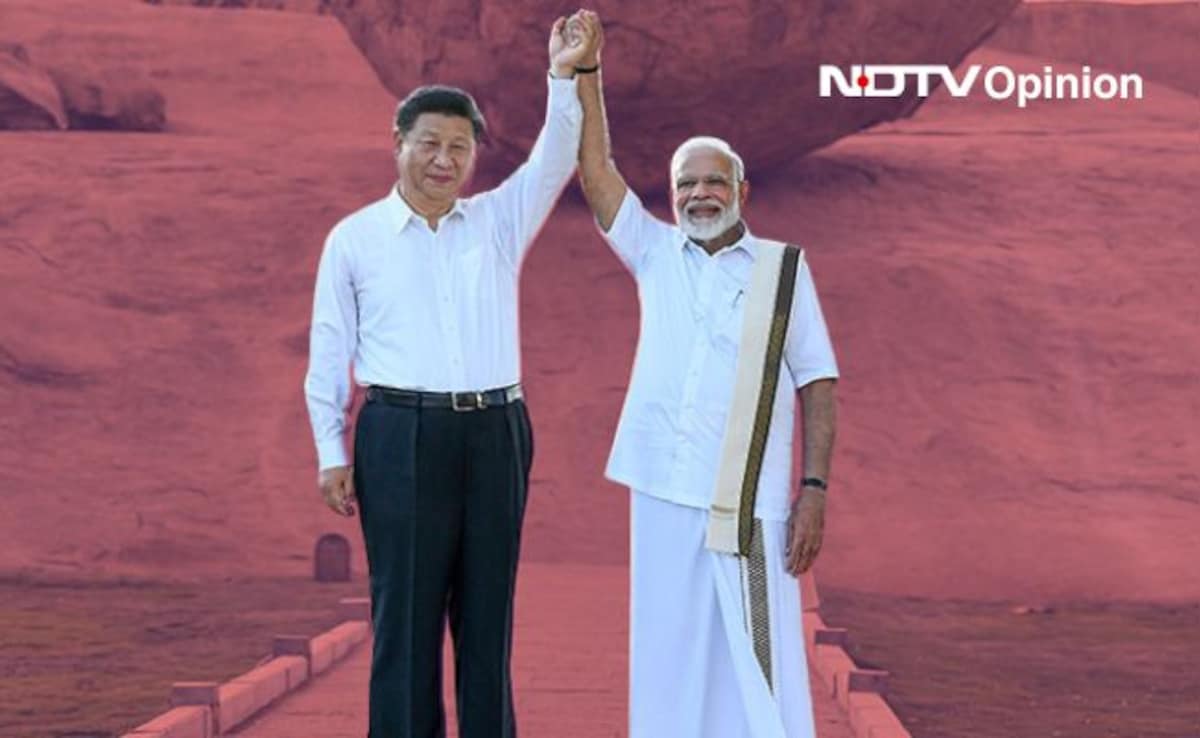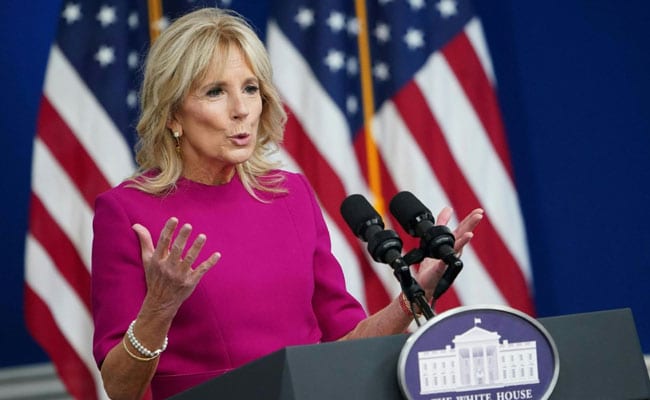Ukraine’s President Volodymyr Zelenskyy speaks at a press conference in Kyiv on August 24, 2024.
| Photo Credit: AFP
Ukraine President Volodymyr Zelenskyy pitched for greater cooperation with India in high-end technologies across several areas such as agriculture, cybersecurity and defence, stressing co-production of drones, electronic warfare systems, among others. He said he discussed these during talks with Prime Minister Narendra Modi.
At a press interaction, Mr. Zelenskyy said Ukraine had increased the level of its private companies, specially in areas such as drones, sea drones and cybersecurity. “And I said to PM, we will be very ready to share with you these products and we will be happy if it can be co-production, and we decided that our teams will begin to work on different issues. During war, I think this is very important as we need to strengthen war economy… Of course we need win-win between our nations.”
Editorial | Not taking sides: On Prime Minister Modi’s Ukraine visit
Elaborating on the different high-end technologies in response to a question from The Hindu, he said, “It’s about agriculture, de-mining, medicine, security such as drones, electronic warfare systems, it’s a lot, its connections… against cyber attacks. We are ready to speak about it, ready to speak about sea drones, a lot of different technologies. We had good agreements before the war. We are open with all of this and we are ready to co-produce for both our markets.”
Worldview PM Modi in Ukraine.mp4
| Video Credit:
The Hindu
“Of course we can do more after the war as today the priority is defending ourselves,” he noted. “But we are ready to begin this work, war will finish anyway and we know it…”
India operates a large inventory of military equipment of both Russian and Ukrainian origin. Following the war in Ukraine, India has seen supplies and spares held up for sometime. As a result, Indian armed forces attempted to diversify and reduce dependence by turning to domestic companies as well as seeking alternative vendor base in other countries.
Some joint ventures between Ukraine manufacturers and Indian private sector are in the works to produce some of the spares as well as carry out maintenance in India.
On defence cooperation, the joint statement issued after the talks underlined the importance of defence cooperation between the two leaders and said they agreed to continue to work towards facilitating a stronger relationship between the defence entities in both countries, including “through joint collaborations and partnerships for manufacturing in India and cooperation in emerging areas”. The sides agreed to hold the second meeting of the Indian-Ukrainian Joint Working Group on Military-Technical Cooperation, established under the 2012 Defence Cooperation Agreement, in the near future in India.
Focus on agriculture
There is considerable focus on agriculture and pharmaceuticals in the talks as reflected in the joint statement and the agreements signed. One of the four agreements signed was on cooperation in the fields of agriculture and food industry. The objective of the agreement is to expand mutually beneficial cooperation in these areas by promoting ties in areas of information exchange, joint scientific research, exchange of experience, cooperation in agricultural research and creation of joint working groups.

“Agriculture is not only about growing but we can also think about hubs, how to save and secure agricultural hubs during long periods of time,” Mr. Zelenskyy said.
In the recent past, Mr. Zelenskyy had made a pitch for co-production with other countries too as Ukraine needs large amounts of arms and ammunition as the war is in the third year. “Our priority is the development of defence production using modern technologies, including the production of shells, missiles, and drones in Ukraine, in cooperation with global leaders in this field,” he posted on X last year.
“During the meeting with representatives of defence companies and associations from the U.S., the U.K., Germany, France, Türkiye, Sweden, and the Czech Republic, we discussed the prospects for partnership and joint arms production,” he had said, adding that Ukraine was ready to offer special conditions to companies willing to work together with the country in the defence production sector.


